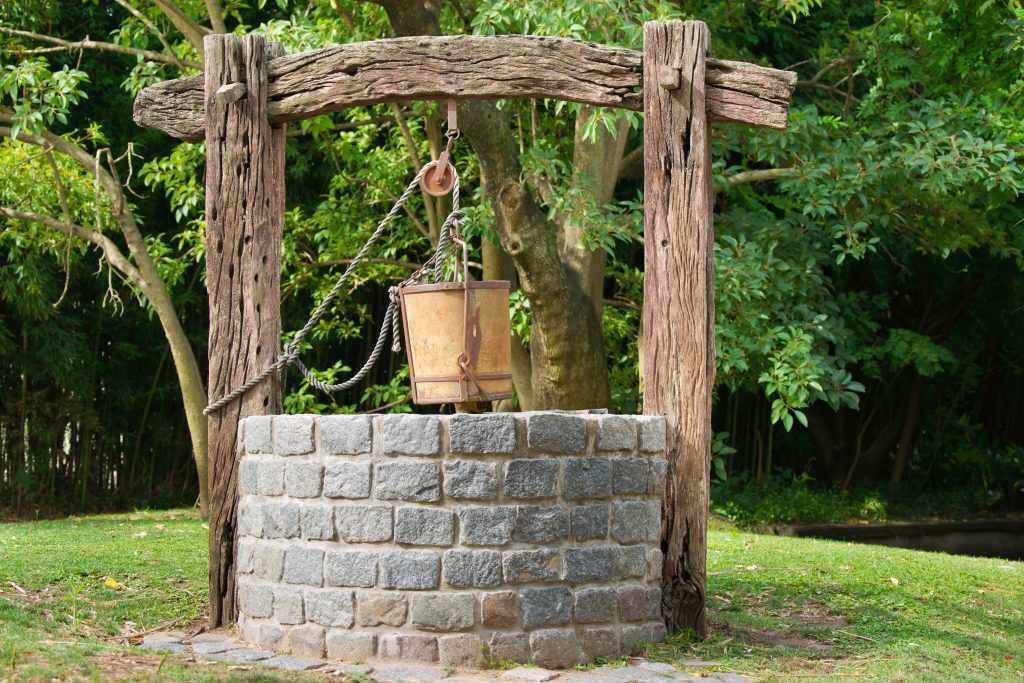 Some homeowners build private drinking water wells because they want to have their water supply. These private wells, however, can be vulnerable to contamination as the federal government does not regulate them. If you are an owner of a private well, here’s what you can do to keep your drinking water safe.
Some homeowners build private drinking water wells because they want to have their water supply. These private wells, however, can be vulnerable to contamination as the federal government does not regulate them. If you are an owner of a private well, here’s what you can do to keep your drinking water safe.
Clean the Area around the Well
Water well drilling companies, such as exterradrilling.com, say that the surroundings of the water should undergo regular cleaning. Get rid of hazardous materials such as fuel oil, paint, fertilizers, and pesticides near the well. The idea here is to create a clean buffer that will reduce the chances of contamination.
Get Your Water Tested
The Environmental Protection Agency recommends that water well owners have their well water tested every year for bacteria and nitrates. A test that shows nitrate levels above 1 ppm is an indicator that the water in your well may carry contaminants. In addition to the basic water test, it’s also a good idea to check the water for other drinking water contaminants like pesticides, volatile organic compounds (chemicals found in solvents and gasoline), and arsenic.
Install a Water Filter
Well owners should install a water filter if tests show nitrate levels beyond 1 ppm. It is ideal to install a carbon filtration system to block any contaminants that may enter your well. If the test reveals nitrate levels above 10 ppm, which is the drinking water standard set by the Environmental Protection Agency, then avoid using the water as a drinking source. Instead, treat the water immediately using a filter with an ion exchange system or reverse osmosis capabilities.
Cleaning the area around the well, getting your water tested, and installing a filter are ways to protect your private water well from contamination. Proper well maintenance ensures the safety of your water supply, and you’ll have your potable water for many years to come.

